Our attention is in demand. It’s up to us to know how to keep it focused on what matters most so that we spend more time enjoying what’s in front of us: other humans, nature, pets, art, etc. Managing our attention also provides a pathway for bringing our unique gifts to the world. Join me and Seth Braun as we explore the grander implications of Attention Management and a few strategies for living and working with intention.
“This isn’t just about squeezing more productivity out of the machine…we get discouraged, disheartened, and we give up on the things that are important to us. So one of the most important things that I see in this is to come back to what’s important to me.”
– Seth Braun
Stagen Leadership Academy
Mindful Life, Better Living
Today we have more distractions than perhaps at any time in history, with our attention bought and sold as a commodity; our electronic devices tempting us with the promise of instant gratification. With so much vying for our attention, the question becomes: How can we navigate life in a way that’s meaningful, purposeful, and creative?
Attention management is a set of practices and habits that helps us increase the time we’re present, minimize distractions, and find flow. There are 4 zones to engage in: proactive, reactive, distraction, and waste. This week Seth Braun discusses Stagen’s Attention Zones model and how being mindful of these states can help us plan for and allocate time effectively. Ultimately it can help us bring our unique gifts to the world by engaging in life in a satisfying and productive way.
Beware the Distraction and Waste Zones
[9:59] “I’m not going to tell you that Netflix is a distraction. Consider: what in your life is a distraction – and what’s rejuvenating? There are certain things that I do in my family, like watching Netflix, where we laugh, and we have endorphins, and it’s rejuvenating, and it’s family time. It’s great. But then, where I start binge-watching and it’s 11. Then it’s 12…now I’m in a waste zone.”
A “lazy” activity isn’t always considered wasteful by default. Sometimes it’s what we need. However, there’s a point of diminishing returns, and we must consider the balance.
[19:20] “Most of us don’t come into the world highly disciplined, able to sit down and do the work. We need structures and practices to help us do that, including your 10-minute waste time.”
Even “wasteful” time has its place in preparing you to be proactive.
Be Guided by Your Ideals
Generally, anything in the proactive zone (with focused work) doesn’t come naturally and requires an act of volition.
[19:50] “Any act of creation or volition, whether it involves anything involving exercise or starting a business. Anything that’s…creative is going to have resistance.”
[33:30] “The most important thing we can do to live a fulfilling, satisfying life is (to) have an ideal. Keep track of it each week, when we’re planning our week, say, here’s what’s important to me, and I’m willing to go forward again.”
To learn more about Seth Braun and the Stagen Leadership Institute please visit:
https://www.linkedin.com/in/sethdbraun/
Stagen’s Attention Management Core Practice Sheet
Benjamin Franklin’s Autobiography:
“In Over Our Heads” – Robert Kegan and Lisa Lahey
To subscribe to the Rise Leaders newsletter for more resources: https://mailchi.mp/426e78bc9538/subscribe
To discuss executive coaching, leadership development program design, and workshop facilitation, please visit: https://rise-leaders.com/contact-info/
I specialize in helping leaders and organizations thrive. Reach out if there’s a way I can support you.
